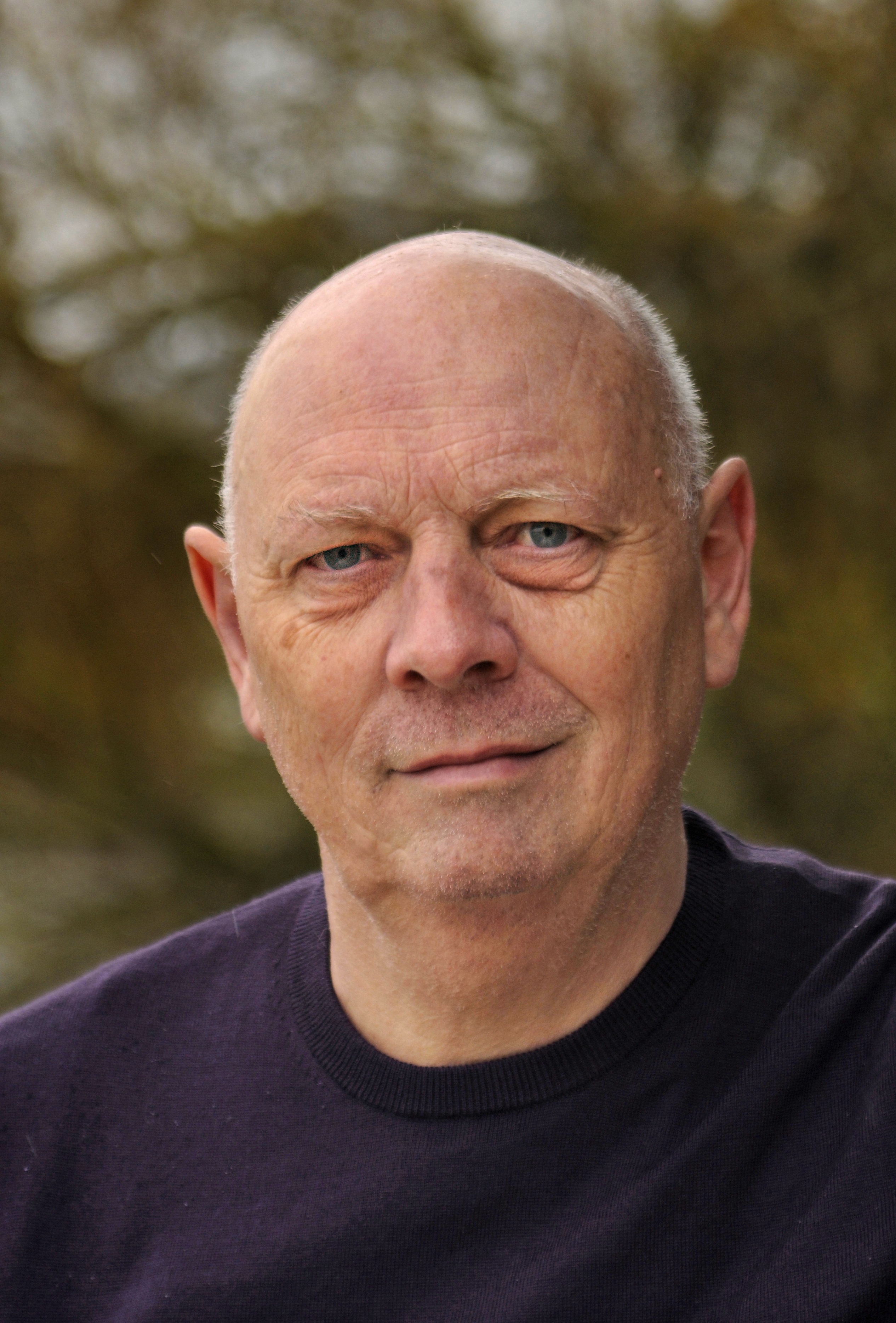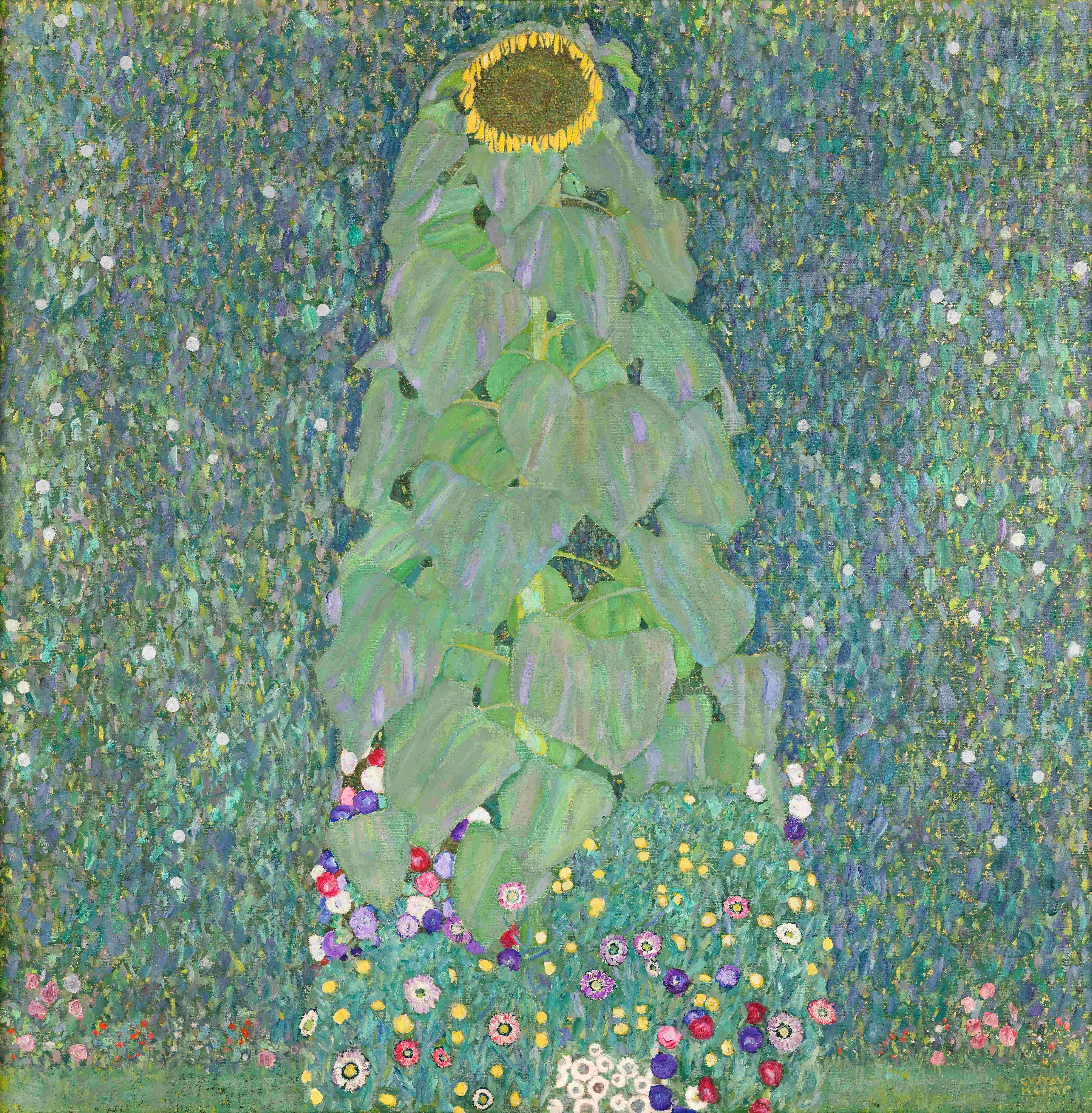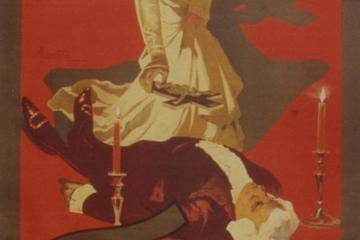In the early 20th century Vienna was a melting pot of new ideas - what was Klimt's influence on Viennese art and society?
Turn of the century Vienna was a melting pot of new ideas in science (Hertz and Boltzmann); philosophy (Ludwig Wittgenstein); psychoanalysis (Sigmund Freud); modernist architecture (Otto Wagner and Adolf Loos) twelve tone music (Arnold Schoenberg, Alban Berg and Anton Webern); modernist literature (Karl Kraus, Robert Musil and Arthur Schnitzler); and in art (Klimt, Kokoschka and Schiele).
Gustav Klimt led the Secession movement, which broke free from nineteenth century academic art, to create a highly decorative and potent form of art, drawing inspiration from art nouveau, symbolism, Byzantine and Mycenaean art. Klimt created a highly decorative and sensual art that explored the power of sex in the age of Freud. We will examine the ramifications of Klimt’s sexually charged images in the context of Viennese art and society.
How to book this event:
Come along to Christchurch Hall on the Stray Harrogate before 19.30 (doors open at 18.30) or contact niddvalley@theartssociety.org for further information
THE ARTS SOCIETY ACCREDITED LECTURER

Mr Colin Pink
Colin Pink has a BA in Philosophy and Politics from the University of Southampton and a MA in the History of Art from Birkbeck, University of London. He specialises in twentieth century and contemporary art in Europe and North America. He lectures at Morley College London. He has also curated exhibitions of contemporary art and has published four books of poetry: Acrobats of Sound, 2016, The Ventriloquist Dummy’s Lament, 2019, Typicity, 2021 and Wreck of the Jeanne Gougy, 2021.
OTHER EVENTS
An exploration of the life and works of this fascinating man - as colourful as one of his operatic plots!
The influence of British architects on the built environment and its residents in the UK & overseas - hear how.





